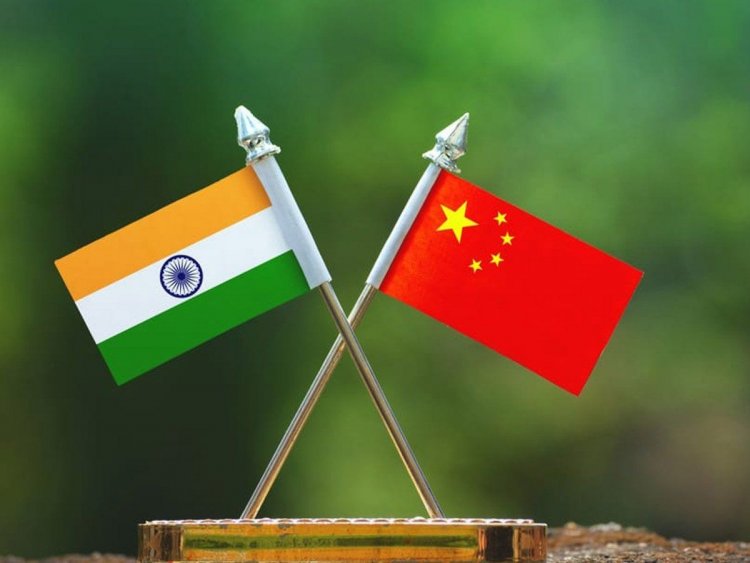India - China: Bhutan is India’s Weak Spot
STORIES, ANALYSES, EXPERT VIEWS

Bhutan is an important bulwark in India’s defence with China. It is also its Achilles’ heel.
The significance of Bhutan was underscored by the US Department of Defence’s annual report for 2021 that says Chinese intrusive activities have continued in the Chumbi valley, including inside Bhutan, augmenting the threat to the Siliguri corridor, despite the resumption of border talks between them.
The India, Bhutan security arrangement is though the Treaty of Perpetual Peace and Friendship, 1949. At the instance of Bhutan’s king Jigme Singye Wangchuck, the treaty was revised in 2007.
Revised Article 2 of the Treaty of Perpetual Peace and Friendship
Article 2 of the treaty was revised as follows: “Both countries will cooperate closely in issues relating to national interest.” The operative part was “neither government shall allow the use of its territory for activities harmful to the national security and interest of the other.”
This replaced the old Article 2 — of Bhutan being guided by India in its external affairs with the issue of common security embedded.
In terms of strategic security, writes Maj Gen Ashok K Mehta retd. (Military Commentator) “Bhutan presented India more practical and operational terms for intervention, though there is no SOP between the two sides, either in Thimphu or New Delhi or even in Kolkata’s Eastern Command responsible for the security of Bhutan.”
China has exploited resentment of Indian soldiers in Bhutan
There are about 1,000 or so Indian soldiers deployed with Indian Military Training Assistance Team (IMTRAT). Bhutanese youth resent the presence of the Indian troops on their soil even as business houses want diplomatic relations with China, which has exploited this chink, especially after the Indian intervention at Doklam.
With the Indian intervention, writes the former General “the Chinese learnt cardinal lessons from the Indian intervention at Doklam that challenged and arrested PLA intrusions in violation of the standstill agreements of 1998 and 2012.
Ladakh aggression, a response to Doklam: “One of the reasons for the PLA aggression in East Ladakh in 2020 was the Indian rebuff to China at Doklam. Disengagement from Doklam did not stop the aggression. The PLA has since fortified defences north of Doklam, extending the road along another axis — the Mochu river — towards the Jampheri ridge and built dual-use villages inside Bhutan. The Bhutanese have denied the existence of the village identified by Google Earth imagery.” India, too, considers this as a “civilian matter”.
China wants a swap package with Bhutan
With fresh intrusions inside Bhutan, China wants its swap package — 269 sq km in the west at Doklam exchanged for 495 sq km in the north — to be implemented, though the Chinese have already occupied most of the disputed Doklam. The Chinese have done yet another fait accompli writes Mehta: “In contravention of the 1890 Convention (which China invoked in 2017), they unilaterally declared the Mochu river the border with Bhutan, which is undemarcated.”
Chinese and Indian Framework Agreements
Following the Chinese intrusions, “a three-step Framework China-Bhutan Accord was reached last year which China has called a deadlock-breaker that may become the first step towards a border settlement, though it is inconceivable that India was not consulted, as is the practice before border or expert group negotiations….
“India has also had its own three-step Framework Agreement of 2005 with China on border settlement, which was scuttled by the Chinese. Beijing has displayed power and belligerence in occupying Doklam and making an ingress southwards towards Jampheri in the Bhutanese territory. Trading Doklam in the west with territory in the north will breach Article 2 of the treaty.
“But the bigger question is: If the PLA crosses India’s red-lines in Bhutan, would K5, the fifth King, Khesar….. invite the Indian troops for assistance? And if not, would the Indian troops unilaterally intervene, as they probably did in Doklam, invoking Article 2? Bhutan is India’s Achilles’ heel.”
















